When the superintendent of Iowa’s largest school district was detained by ICE on Friday, the story startled parents, educators and anyone paying attention to the integrity of our institutions. Dr. Ian Roberts, a man with a final deportation order, allegedly fled law enforcement, leaving behind a vehicle containing a loaded handgun, a fixed-blade knife and thousands in cash. Yet for months, he led thousands of children, set policy for an entire district and enjoyed the prestige and authority that comes with public office.
The question society must ask is unavoidable: How did someone with an outstanding removal order rise to the top of a school district? How did a man technically in violation of federal law gain the trust of an entire community?
This is not merely the story of one man flouting the law. It is a story about systemic failure, a window into the erosion of public trust and a lesson about what happens when the rule of law becomes optional. Immigration law is meant to maintain order, fairness and accountability. When enforcement is selective – ignored for some while ruthlessly applied to others – the system itself loses credibility. That credibility is the backbone of a functioning society, yet in Roberts’ case, it was nowhere to be found.
The first failure lies in bureaucracy. A final deportation order is the result of a legal process that should have barred him from holding public office. Yet somehow, the vetting systems that are supposed to catch such issues failed completely. ICE did not notify the school board, and the board apparently did not discover his legal status during the hiring process. Ordinary Americans face background checks and employment verification at nearly every stage of life. They show identification to get jobs, pay taxes and secure professional licenses. Yet here, in a position of immense public responsibility, the system looked the other way.
When bureaucracies fail, it is the public who suffers. The lesson is clear: if the government cannot enforce the law at the leadership level, why should citizens expect enforcement anywhere else?
The second failure is in public trust. Schools are institutions that require adherence to rules, standards and moral leadership. Parents entrust their children to teachers and administrators expecting competence, integrity and respect for the law. If children are told to follow rules while their superintendent ignores one of the most consequential laws in the country, the message is destructive. Hypocrisy at the top does not stay at the top. It trickles down, eroding respect for rules, authority and the social contract itself. Parents should be able to assume that the adults in charge of their children operate by the same standards they demand of everyone else. When that assumption is violated, confidence in the entire system collapses.
The third, and perhaps most important, issue is selective enforcement. Justice cannot bend based on convenience, identity or social standing. Rules should apply equally to all citizens, regardless of occupation, ideology or demographic profile. Yet in practice, the powerful and politically sensitive are often shielded, while ordinary citizens are held to the full force of the law. That is the definition of selective justice, and it is corrosive to the idea of America as a nation of laws rather than a nation of preferences.
The pattern is easy to recognize. If a white conservative school leader had a firearm charge and a deportation order, the media and progressive activists would demand immediate resignation. There would be op-eds and social media campaigns insisting on accountability. In Roberts’ case, there is caution, hesitation, even implicit deference. Identity, status and perceived ideological alignment appear to confer immunity. This is not about prejudice; it is about principle. Justice that applies to some and not others is not justice at all.
Some observers are already framing Roberts not as a man defying a lawful order, but as a victim of ICE. This is identity politics in action: shielding misconduct because the individual occupies a “preferred” category. Conservatives understand that such selective leniency corrodes both public trust and the legitimacy of the law. Excusing wrongdoing based on identity, occupation, or political sympathy is not compassion – it is hypocrisy. And hypocrisy, once institutionalized, becomes a cultural norm, weakening the foundations of governance and public life.
The Iowa case is a flashpoint, but the lessons extend far beyond Des Moines. First, immigration enforcement must be consistent and credible. The law cannot be optional, or it ceases to function as law at all. Second, vetting and accountability mechanisms in public institutions must be strengthened. Leadership positions, particularly those entrusted with children and taxpayer resources, should not be available to anyone operating outside the bounds of the law. Third, society must confront the corrosive effects of double standards. Parents, students and taxpayers deserve institutions that are honest, lawful and accountable – not institutions that bend the rules for elites or shield them from consequences.
Dr. Roberts’ arrest is more than a scandal; it is a mirror of the erosion of authority in public institutions. Selective enforcement teaches children and adults alike that rules matter only when convenient. It undermines respect for leadership, weakens bureaucracies and erodes confidence in the system of laws meant to protect everyone equally. Conservatives understand that respect for the law is the foundation of liberty. When that foundation cracks, the consequences ripple through every corner of society.
This is the real story from Iowa: a superintendent detained by ICE should be an anomaly, a cautionary tale about the consequences of ignoring the law. Instead, it reveals a pattern in which rules bend, oversight fails and selective justice becomes normalized. America cannot survive as a nation of laws if enforcement is optional, particularly for those in positions of authority.
Until these principles are restored, public trust will continue to erode, and the next child, parent or taxpayer will see that rules matter only if you are powerless enough to be held accountable.
Dr. Roberts’ case is a stark reminder: justice that applies only to some is no justice at all. Until the law is enforced consistently, America’s institutions – schools, government agencies and the legal system itself – will continue to crumble under the weight of favoritism, bureaucratic failure and selective leniency.
Des Moines school superintendent is not a victim of ICE
Ian Roberts had a final deportation order and was arrested with a loaded handgun and a fixed-blade knife
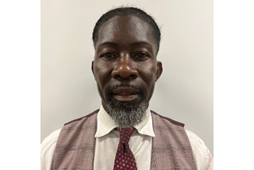
Ian Roberts










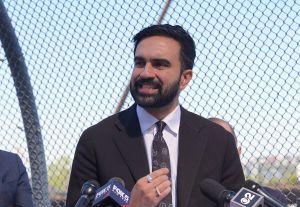

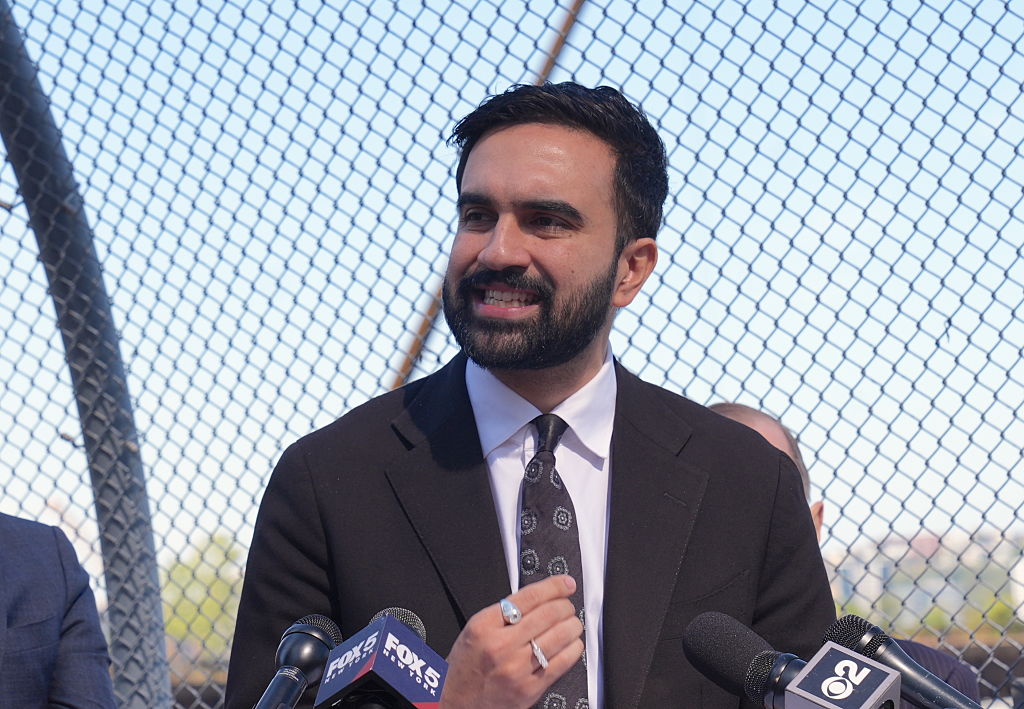
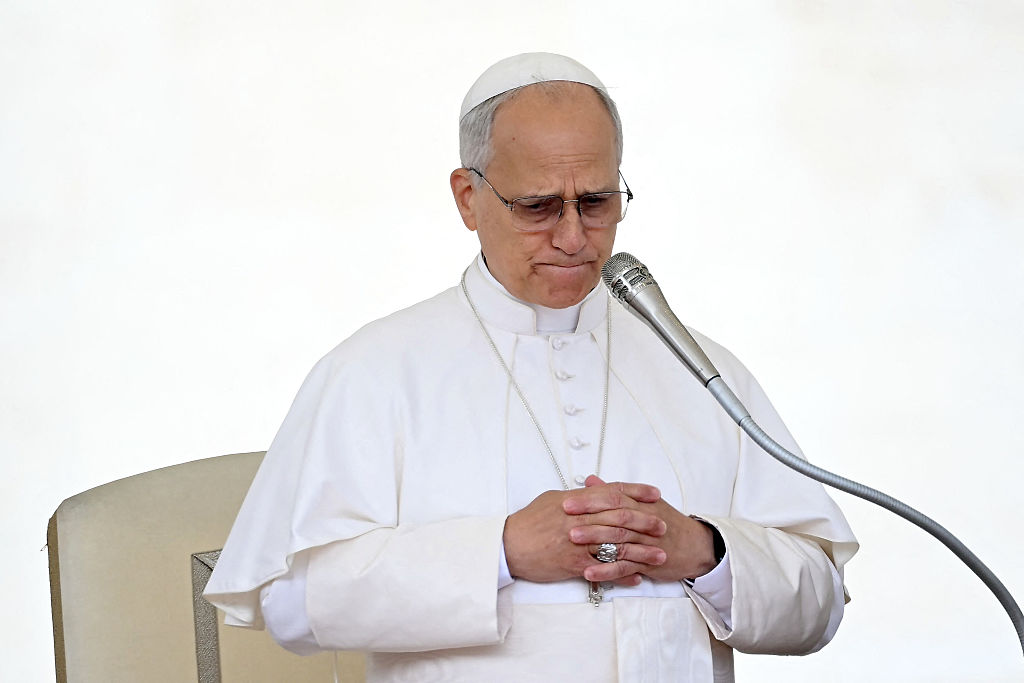
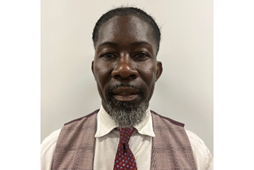
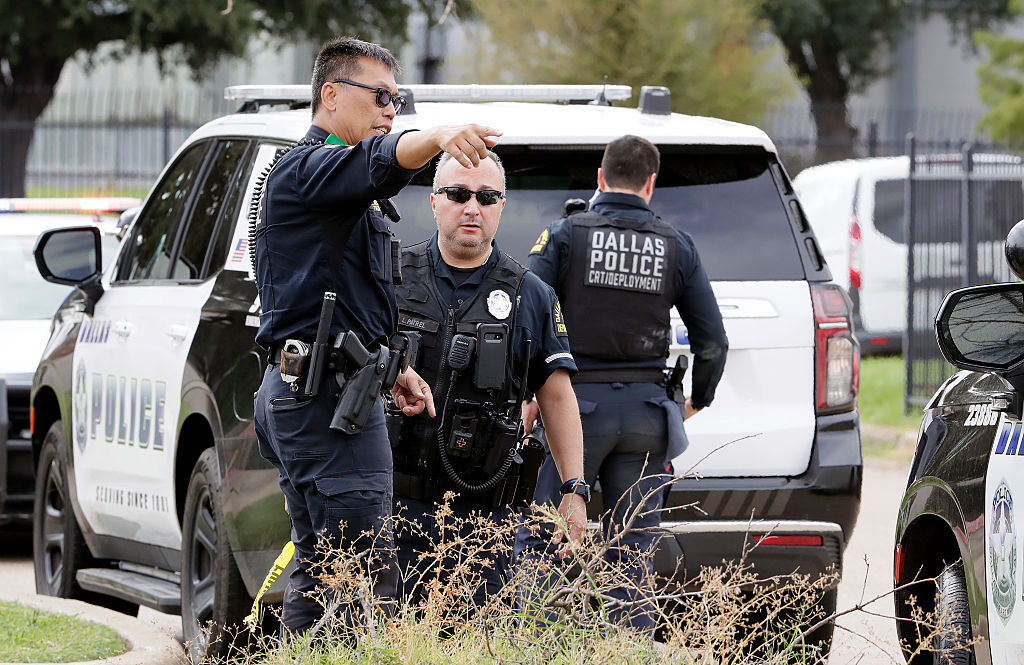
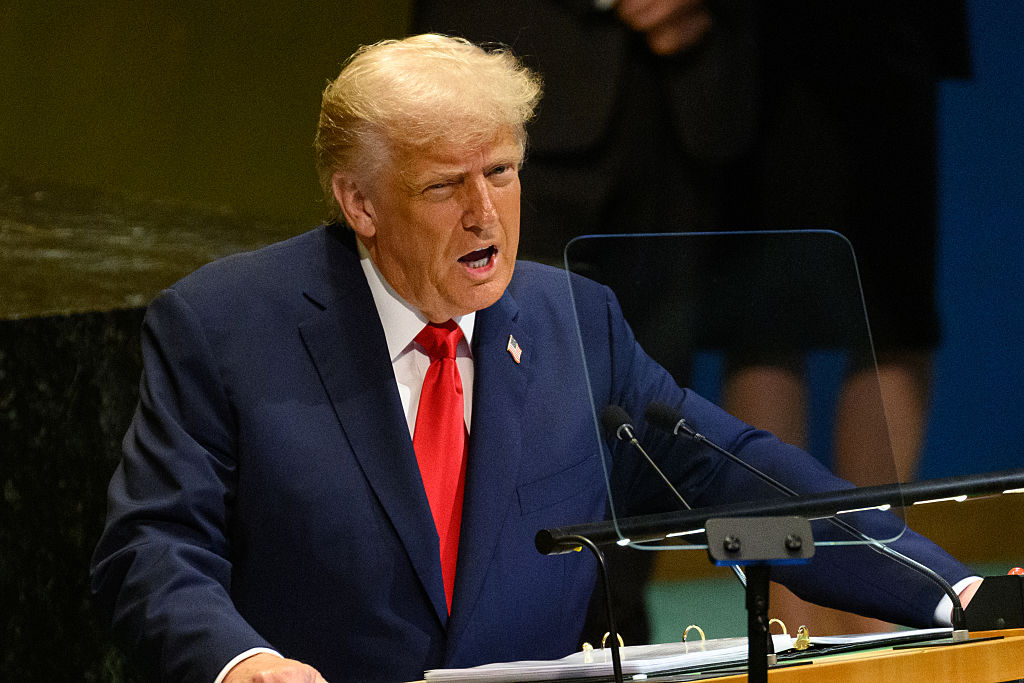








Leave a Reply